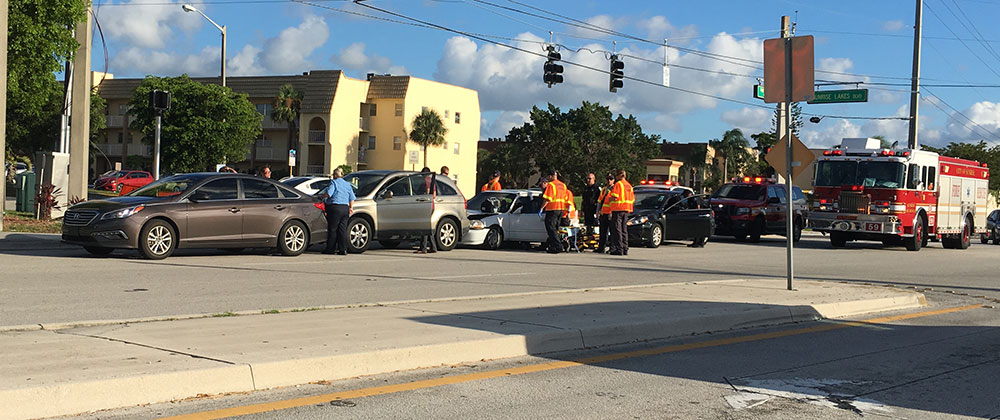“Lizzie Borden Took an Ax . . . “
Notwithstanding that Lizzie Borden was acquitted in 1893 of murdering her step-mother and father with an ax in their family home in Fall River, Massachusetts, and thereafter inherited a large fortune from her father’s estate (an amount equal to the inheritance of her older sister, Emma Borden, who was never implicated in the bloody murders), it is worth noting that under current Florida law, specifically the “slayer statute” (sometimes called the Murder Probate Statute), Lizzie Burden would likely not have inherited a dime, much less shared equally in the $300,000 family fortune (the equivalent of over $7 million dollars in today’s economy).
Sadly, we all too often read in the newspaper or hear on the TV news a story involving one family member killing a parent, spouse or sibling. Earlier this month, a once respected attorney and former prosecutor in Palm Beach County was charged with the first degree murder of his 83 year old mother and the attempted first degree murder of his 84 year old father, after allegedly beating them with a crowbar.
If you lost a close family member or loved one in circumstances where the person involved in the victim’s death may inherit property – real or personal – call the Will and Estate Attorneys at Boynton Law, P.A. for a free consultation. Whether the facts arise from criminal activity surrounding a vehicular homicide, a drug overdose, a crime of passion or a planned murder – the person involved in procuring the death of the decedent may not inherit property or otherwise benefit financially from the death of that person.
Section 732.802 of Florida Statutes, entitled “Killer not entitled to receive property or other benefits by reason of victim’s death” provides in its pertinent part, that anyone “who unlawfully and intentionally kills or participates in procuring the death of the decedent is not entitled to any benefits under the will . . . and the estate of the decedent passes as if the killer had predeceased the decedent.” Florida, along with almost every other State, has codified “the slayer rule,” a common law inheritance doctrine that prohibited inheritance by a person who intentionally and unlawfully kills someone from whom he or she stood to inherit property or receive life insurance proceeds. It is axiomatic that public policy will not let a murderer profit from his or her crime.
Section 732.802 also provides that whereas a final judgment of conviction of murder in any degree is conclusive to trigger the slayer rule and preclude inheritance, the absence of a murder conviction (i.e., such as when Lizzie Borden was acquitted), will not automatically allow the slayer to inherit from the decedent. In other words, even when the accused is acquitted of all criminal charges or found “not guilty by reason of insanity,” the Florida Probate Court administering the estate may independently determine that the killing was unlawful and intentional for purposes of divesting the slayer of all inheritance pursuant to Section 732.802. This is because the probate proceeding is a civil action and the burden of proof is based on “the greater weight of the evidence,” unlike in a criminal trial where the burden of proof is the higher standard of “beyond a reasonable doubt.”
The slayer statute also addresses jointly owned property with rights of survivorship, which means that under normal circumstances, when the survivor would inherit the whole property, by operation of law (under the statute), the survivor forfeits the rights to the decedent’s share of that jointly titled property.
For questions about specific circumstances, please call an experienced Boynton Beach Wills Lawyer at Boynton Law, P.A.




